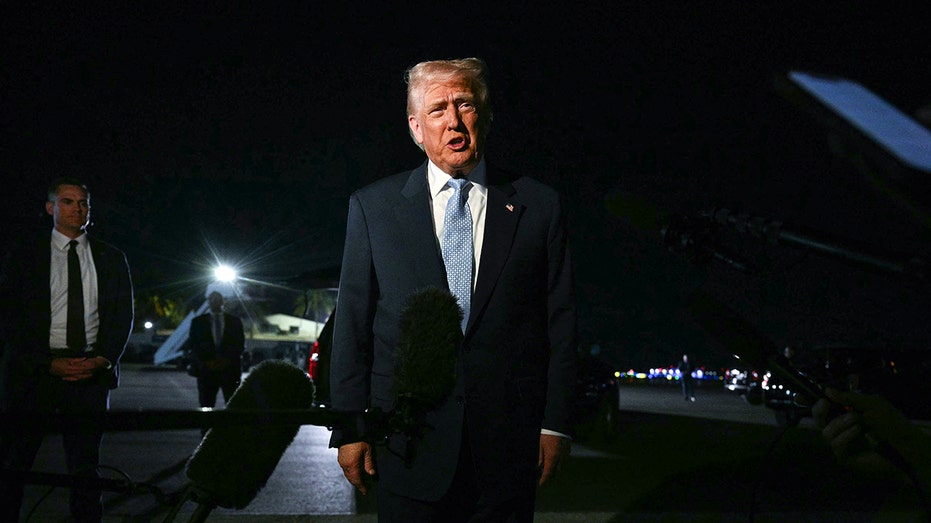A recent press conference at Chicago City Hall revealed a stark reality: Mayor Brandon Johnson’s revised budget proposal continues a pattern of escalating taxes, questionable priorities, and a lack of concrete solutions for the city’s deepening challenges.
The mayor presented the budget as a shield for “working people,” yet a closer examination reveals a plan that appears to contradict that very promise. Chicago is currently grappling with significant financial strain, ongoing public safety concerns, and a dwindling sense of confidence among businesses – issues the budget largely ignores.
The proposal resurrects a corporate head tax, introduces new business fees, expands the use of Tax Increment Financing (TIF) surplus funds, and relies on increased long-term borrowing. These measures were framed as steps toward fairness and “equity,” but critics argue they demonstrate a reluctance to control spending or address the core factors destabilizing the city.

Despite claims of increased investment in community safety, Chicago’s police department remains understaffed, 911 response times are unacceptably slow, and retail businesses are closing across the city due to theft and security fears. A truly safe city requires a robust and well-resourced police force, a foundation seemingly overlooked in the proposed budget.
An $18 million settlement with DoorDash was touted as evidence of the administration’s accountability, but this isolated victory feels disconnected from the larger fiscal crisis. It’s a temporary fix, not a sustainable solution, and exemplifies a tendency to pursue legal battles with businesses rather than fostering an environment that encourages them to stay.
The city is experiencing a significant population decline, losing over 340,000 residents since 2020, according to census data. This exodus is fueled by major employers – including Boeing, Tyson Foods, and Citadel – relocating due to high taxes, burdensome regulations, and a general sense of instability.
The mayor consistently presents a false choice: tax corporations further or burden “working people.” This ignores the fundamental reason businesses are leaving – a perception of Chicago as an unpredictable and unsafe place to operate. History demonstrates that raising taxes on employers while crime rates remain high is not a path to economic recovery.
The current budget appears to reinforce policies that have already proven ineffective. Instead of pursuing strategies that prioritize law enforcement and economic competitiveness, the administration appears committed to a course that discourages investment and exacerbates the city’s existing problems.
The revised budget signals a continuation of the status quo, a commitment to policies that, despite their intentions, seem to be accelerating Chicago’s decline. The city stands at a crossroads, and the choices made now will determine its future trajectory.





